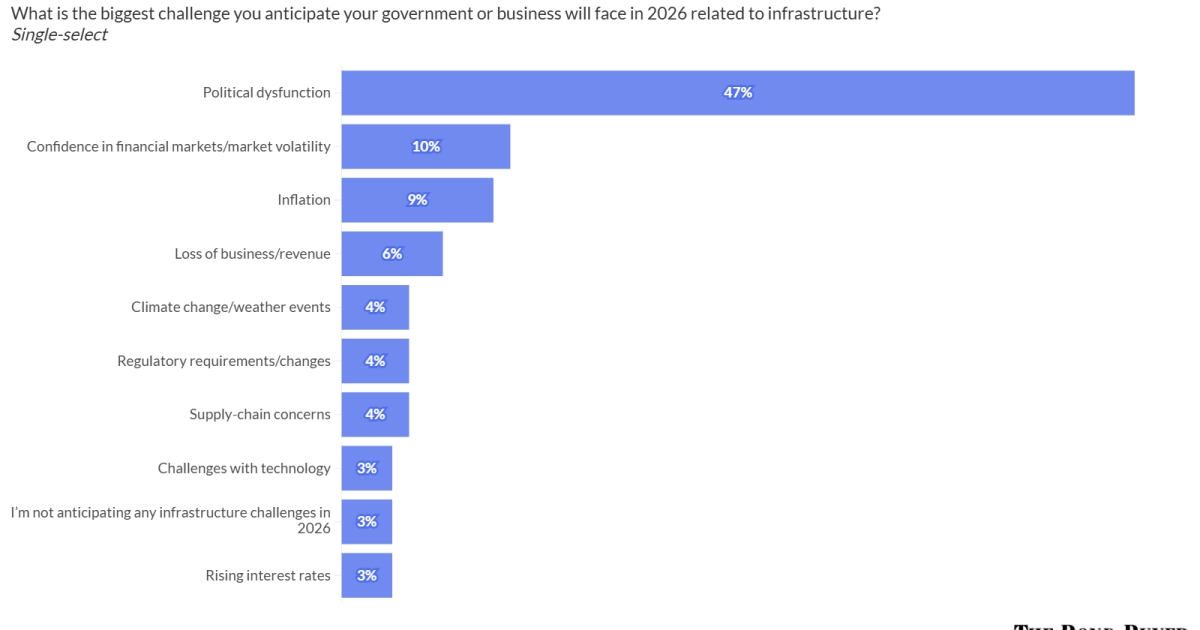Louisiana’s post-Wayfair online sales tax lawsuit has national implications
3 min readLouisiana has asked a federal court to dismiss a lawsuit filed by an Arizona-based online business that argues the state’s local sales and use tax collection system is unconstitutionally complex, a complaint that probes the Supreme Court’s high-profile 2018 South Dakota v. Wayfair ruling.
Arizona-based Halstead Bead Inc. on Nov. 15 filed the lawsuit in the Eastern District of Louisiana, claiming that the state’s parish-by-parish sales and use tax system, wherein each parish sets its own rates and collects its own taxes, creates a “compliance nightmare.” The system is unconstitutionally burdensome and violates the Constitution’s Commerce Clause and Due Process Clause, the complaint argues.
The retailer is represented by three conservative groups, including the National Taxpayers Union Foundation, the Goldwater Institute and the Pelican Institute.
The rise of online sales has marked an important new tax revenue since the Supreme Court ruled in the 2018 Wayfair case that states can collect sales taxes from businesses without a physical presence in the state.
The Supreme Court however, carved out some exemptions, including that states could not impose “undue burdens on interstate commerce.”
“The Supreme Court sent clear signals in its 2018 Wayfair decision that overly complex sales tax rules would be a violation of the Constitution’s due process and commerce clauses,” Joe Bishop-Henchman, NTUF’s lead attorney in the case and the head of the Taxpayer Defense Center, said in a press release. “The court said that sales tax complexity for small businesses cannot be a free-for-all for revenue departments.”
Louisiana filed its motion to dismiss on Dec. 22. The motion relies on several arguments, including that the plaintiff lacks standing and that the complaint ignores the Louisiana Sales and Use Tax Commission for Remote Sellers, which the Legislature created in 2017 to serve as collector for all remote sales for certain remote dealers.
“If granted, the foregoing relief requested by [the] plaintiff would constitute one of the most pervasive and disruptive intrusions by a federal court into a state tax system,” the state argued.
The complaint names Louisiana’s Secretary of Revenue and three parish-level tax collectors as defendants.
“The outcome of the Halstead Bead case potentially has nationwide ramifications,” said three Baker McKenzie attorneys in a Dec. 7 post on the firm’s SALT Savvy blog. “Some in state and local government also appear to recognize the risk that these taxing regimes may be deemed unconstitutional—a risk that appears even more tangible now that the Halstead Bead complaint has been filed,” the attorneys said. “Ultimately, if the Louisiana courts decide that subjecting taxpayers without a physical presence to a system of decentralized, locally administered taxes is unconstitutional, many other local tax systems would likely be implicated.”
The lawsuit was filed days after Louisiana voters rejected a constitutional amendment that would have required the state to move to a streamlined framework for the collection and distribution of state and local sales tax. The measure was opposed by many local officials, including New Orleans Mayor LaToya Cantrell, who dubbed it a power grab and warned it would delay sales tax revenue distribution.
Halstead has until Feb. 1 to respond to the motion to dismiss.
The case is Halstead Bead Inc. v. Louisiana, No. 2:21-cv-02106, filed in the Eastern District of Louisiana.







